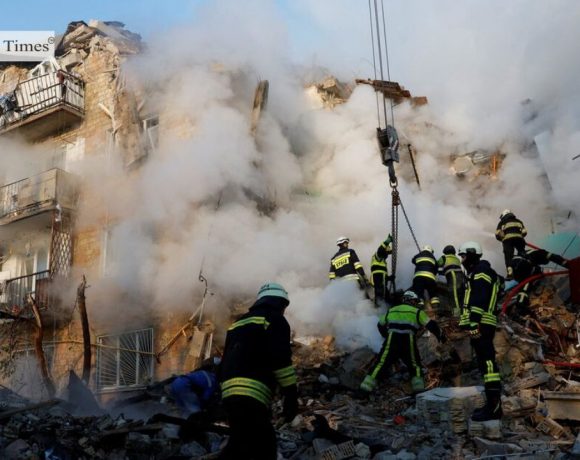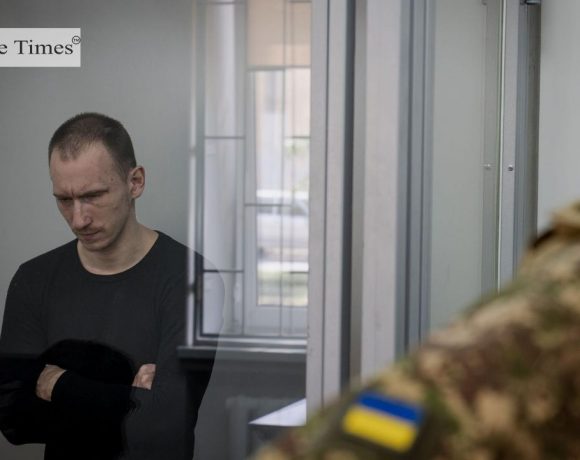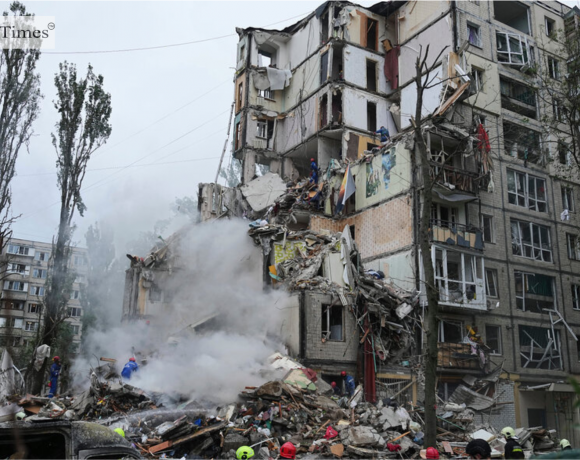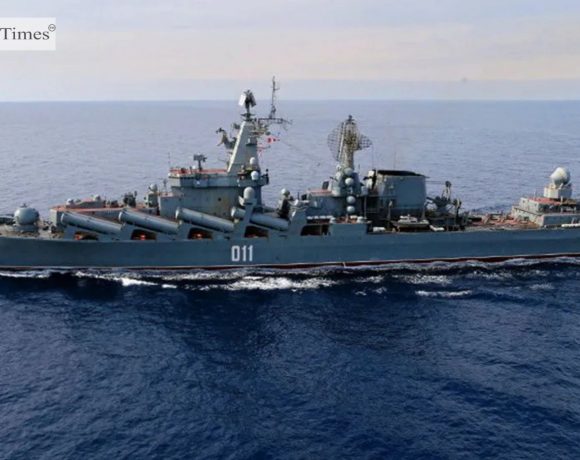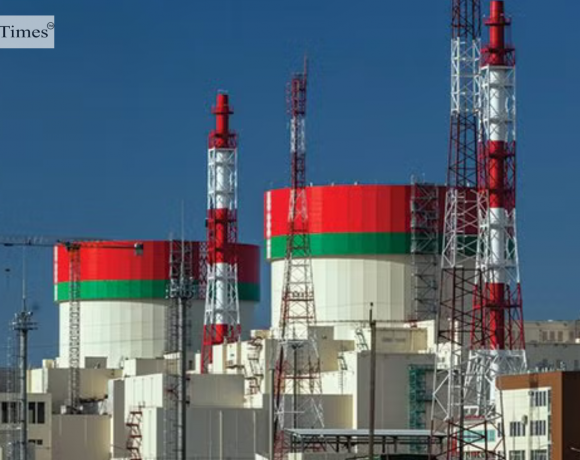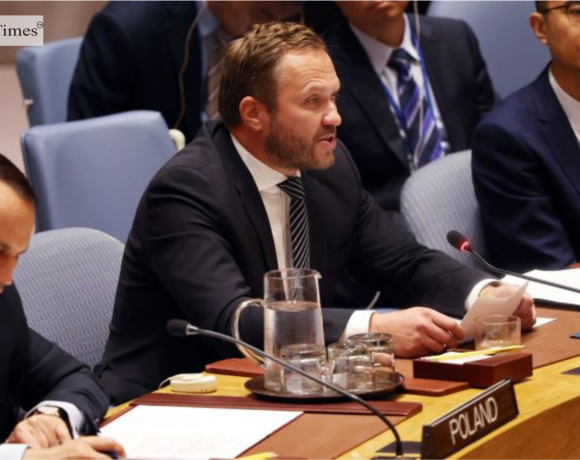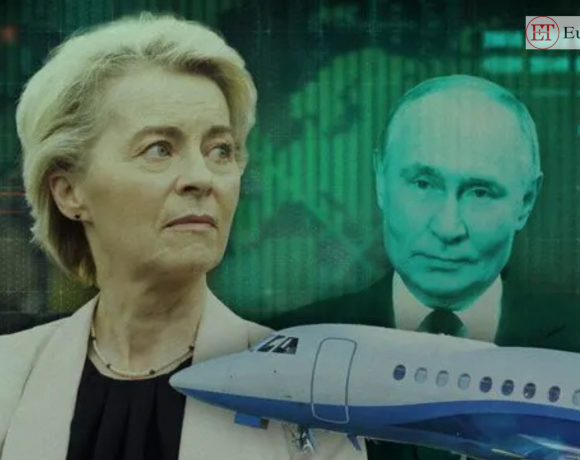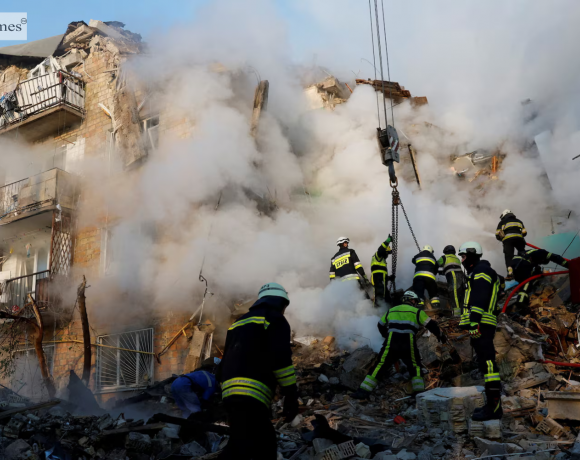Russia unleashed one of its heaviest missile and drone barrages on Ukraine’s capital, killing at least 23 people and wounding dozens in a night of explosions that rattled every district of Kyiv. Mayor Vitali Klitschko called it one of the biggest assaults in recent months, with residential buildings, energy facilities, and foreign offices including those of the European Union, Britain, Turkey, and Azerbaijan damaged in the strikes. Ukraine’s military said the country was hit in 13 locations, causing widespread power cuts.
President Volodymyr Zelenskiy condemned the attack as Moscow’s rejection of peace efforts, just two weeks after U.S. President Donald Trump hosted Russian President Vladimir Putin in Alaska to discuss ending the war. “Russia chooses ballistics instead of the negotiating table,” Zelenskiy said, calling for new sanctions. The European Union and Britain summoned Russian envoys to protest the strikes, while EU chief Ursula von der Leyen pledged a 19th sanctions package and reiterated efforts to use frozen Russian assets to support Ukraine.
The White House said Trump was “not happy but not surprised” by the attack, with Press Secretary Karoline Leavitt noting that “perhaps both sides of this war are not ready to end it themselves.” Despite Moscow’s claims that it targeted military-industrial sites, Ukrainian officials said the strikes once again demonstrated Russia’s deliberate targeting of civilians and infrastructure. Ukraine’s air defences shot down most incoming weapons, destroying 563 drones and 26 missiles, while Ukrainian drones retaliated with strikes on Russian oil refineries.
Pic Courtesy: google/ images are subject to copyright
